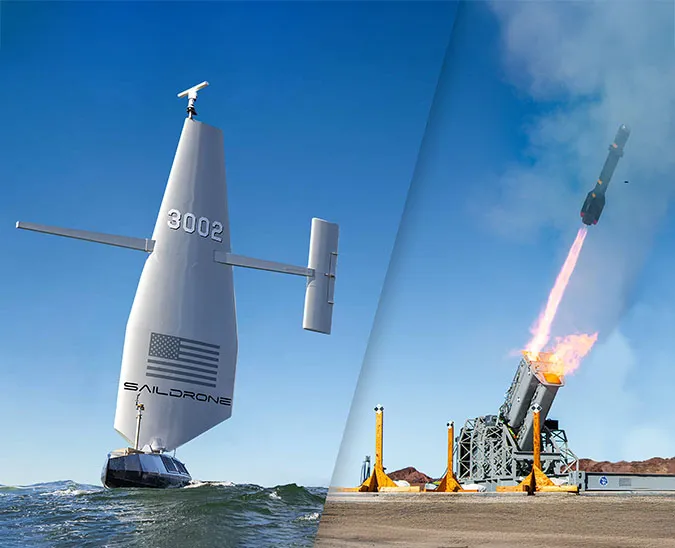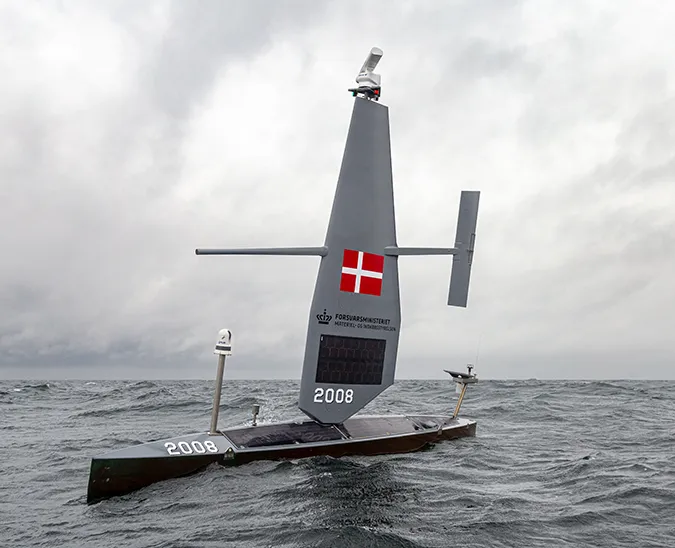Published on
Author
Saildrone is proud to be included as a member of the Consortium for Ocean Leadership (Ocean Leadership), the leading voice of ocean science and technology institutions from academia, aquaria, and industry. Consortium members represent some of the most prestigious ocean organizations in the US, Canada, Bermuda, and Australia, working together to support every aspect of oceanic discovery from the ocean floor to outer space.
“The Consortium for Ocean Leadership was founded to create a strong, consistent, harmonious voice in the ocean research community in order to advance ocean science and technology through discovery, understanding, and action. Partnerships between the public and private sectors are key. The private sector can integrate new technology and rapidly respond to changing needs. Saildrone is a great example and has certainly established itself as a leader in technology innovation for ocean observation,” said CEO and president Rear Admiral Jonathan White, USN (ret.).
Ocean Leadership coordinates and facilitates research and education programs between nongovernmental organizations, including academic and industrial oceanographic institutions and government entities in the areas of ocean exploration, observation, prediction, and education. Initiatives include the National Ocean Sciences Bowl, the only program of its type for high school students focused on the field of ocean science and technology, the Interagency Ocean Observation Committee (IOOC), and the Gulf of Mexico Research Initiative (GoMRI), which was launched as a 10-year program to understand the biological, chemical, and geological impacts of the Deep Water Horizon oil spill. Ocean Leadership is also working with NOAA to advance a national effort to implement a strategy for ocean mapping and exploration.
“Earth’s oceans are vital to regulating carbon in the atmosphere, providing food to millions of people, and are one of the main drivers of the weather we experience on land. But, they are chronically under-sampled because ocean exploration is difficult, expensive, and time-consuming. Saildrone’s mission is to make ocean data collection cost-effective at scale without putting human health and safety at risk. We look forward to joining the Consortium for Ocean Leadership, and contributing our knowledge and expertise toward our common goal of advancing ocean research,” said Saildrone CEO Richard Jenkins.

White says it’s important for individuals to share their knowledge and enthusiasm for the great things that are happening right now in ocean science and technology. Working to solve issues like plastic in the ocean, shark finning, and ocean acidification have brought ocean science into the public consciousness. White urges stakeholders to amplify positive messages about the work that is being done through new advances in technology and automation, to solve those and other issues.
“There is a very committed group of leaders from all sectors—and thousands of individuals at our member organizations—who have been working together for a long time to solve ocean problems and advance ocean interests. They come from all walks of life, some are competitors, but all are committed to the greater interest of doing what’s right for the ocean. It’s really a team effort,” he concluded.





